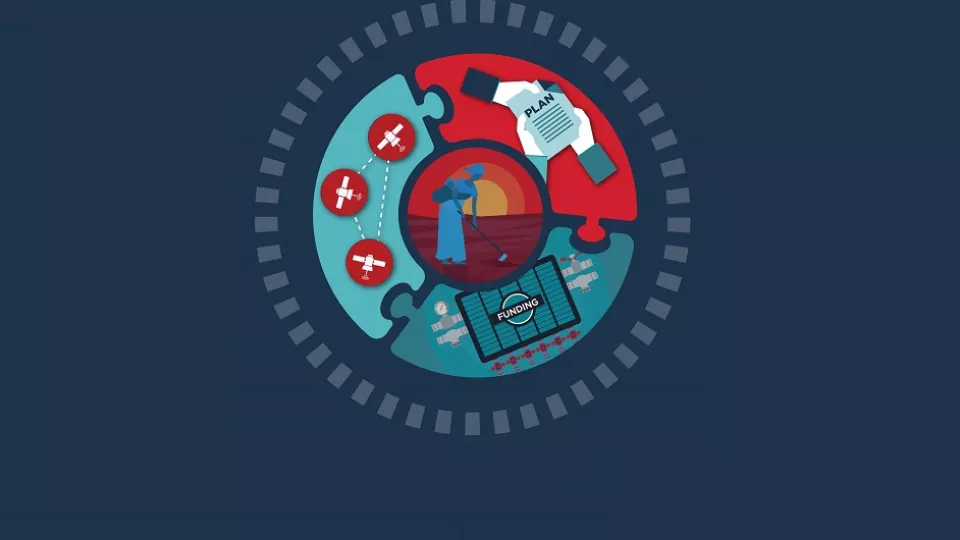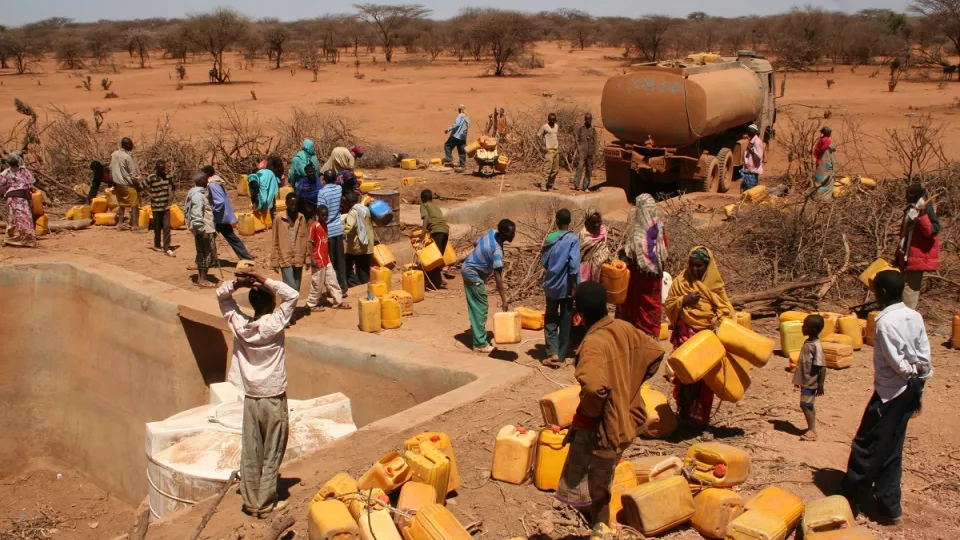
We need proactive models of humanitarian funding to prevent suffering
Humanitarian funding needs to improve: we must move away from reactive funding models to proactive ones if we want to prevent human suffering.

Humanitarian funding needs to improve: we must move away from reactive funding models to proactive ones if we want to prevent human suffering.

Michaela Larson says the answer to how we can help the world’s poorest populations become more resilient following a crisis, is an obvious one – we give them cash.

Last week was the official launch of the G7 and G20 initiated InsuResilience Global Partnership. The partnership aims to better protect poor and vulnerable people against the impacts of disasters, by using climate and disaster risk finance and insurance solutions. It has a strong coalition of partners involved, including governments, private sector, UN and civil society organisations, such as the Start Network.
This case study, produced on International Women's Day 2017, focuses on Millet Morante from Philippines. She is a member of the Kaisa Ka organisation (volunteers who seeks to advance the rights of Filipino women) and of the People-Based Humanitarian Action Consortium (PBHAC).